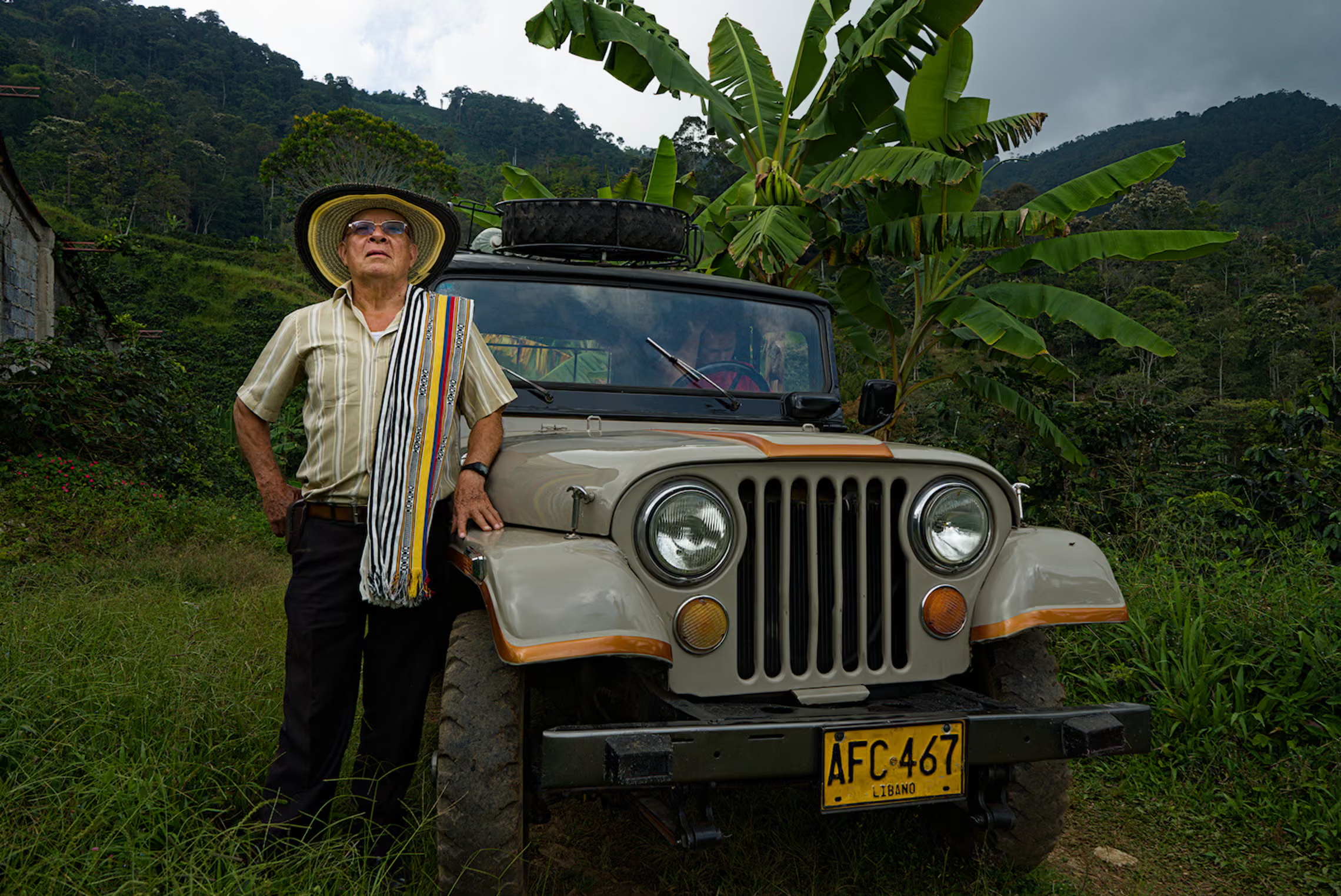
Líbano, Colombia – Qahwa World The Guardian has reported on a striking paradox in Colombia’s coffee industry: even amid record-breaking global coffee prices, farmers are struggling to find enough pickers to harvest their crops. In Líbano, Tolima, Mary Luz Pérez Arrubla and her brother Rodrigo, fourth-generation coffee growers, experienced one of the best harvests in
Read More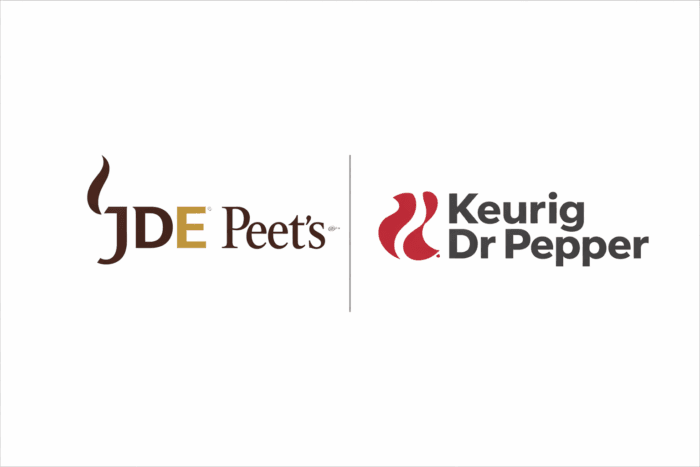
Amsterdam – Qahwa World JDE Peet’s N.V. announced that its Extraordinary General Meeting has approved all agenda items connected to the recommended public offer submitted by Kodiak BidCo B.V., an indirectly wholly owned subsidiary of Keurig Dr Pepper Inc., to acquire all issued and outstanding shares in the company’s capital. The approved resolutions include the

Dubai – Ali Alzakary In the midst of displacement and the search for self, Sara Al-Haj wasn’t just looking for a “project”; she was searching for a “footprint” to leave in this world. A daughter of Taiz whose life was tempered in Al-Hudaydah, she forged her destiny in Sana’a within a coffee “Jazwa.” Amidst the

Dubai – Qahwa World Republished and adapted from Tasting Table – By Charlotte Pointing Coffee has long been woven into the fabric of American life. From colonial coffeehouses to modern cafés, it has shaped conversations, politics, and daily rituals. According to data from the National Coffee Association, a clear majority of American adults drink coffee
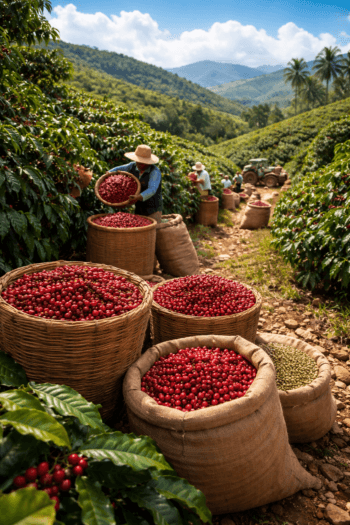
Dubai – Qahwa World Coffee futures closed lower at the end of the week as expectations of stronger global production continued to weigh on sentiment. The market reaction reflects growing confidence that supply conditions may improve in the upcoming seasons, particularly with Brazil at the center of the outlook. A recent projection from Rabobank indicates

An Industry Perspective from Ethiopia By Gizat Worku Kebede, General Manager of the Ethiopian Coffee Exporters Association. Global coffee production is increasing; its price, meanwhile, is decreasing. According to the new global coffee production forecast released on February 25, 2026, the world is set to produce a volume it has never seen before. Rabobank forecasts
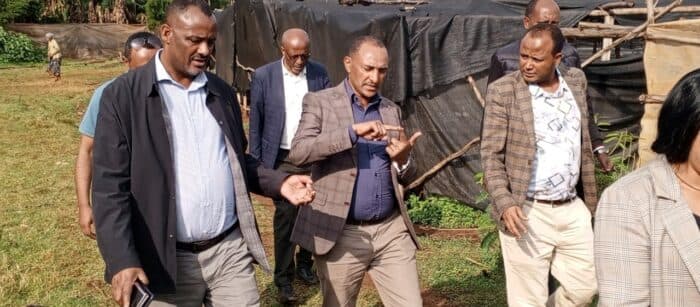
Addis Ababa – Qahwa World In the Jimma Zone of Oromia, a major tea development initiative has been launched under the leadership of Dr. Meles Mekonnen and Dr. Adonya Debela, with participation from senior government officials, aiming to enhance national agricultural productivity. Prime Minister Dr. Abiy Ahmed highlighted that this initiative represents a strategic effort
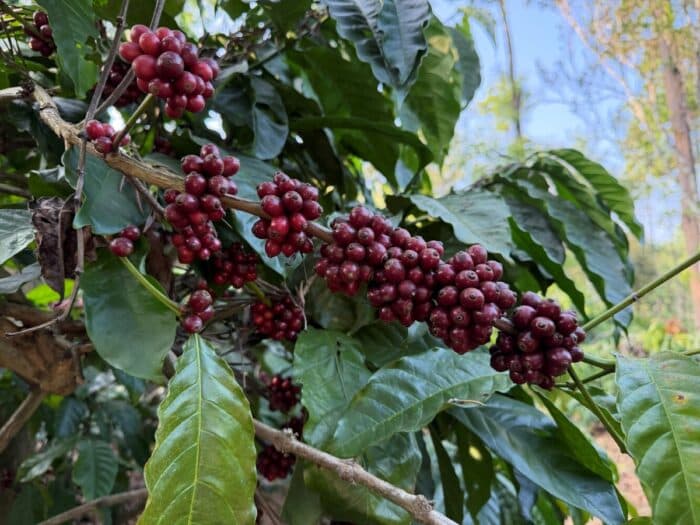
By Dr. Steffen Schwarz How a shade-grown origin once hidden behind state control and instant exports is being rediscovered through climate pressure, stronger roasting capacity, and a fast-maturing café culture. India has long been one of the world’s major coffee producers — yet for decades, it remained largely invisible in the global specialty conversation. The
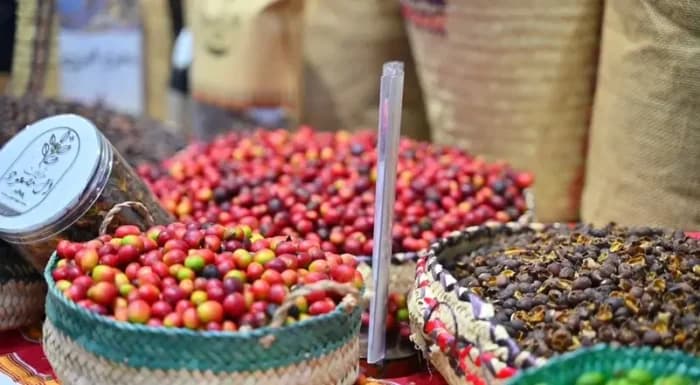
Dubai – Qahwa World Saudi Arabia’s Ministry of Environment, Water and Agriculture has announced that the Kingdom is home to more than 1.3 million productive coffee trees, with annual output exceeding 870 tons of green coffee. The trees are concentrated across the southern and southwestern regions of the country. According to the ministry’s data, coffee



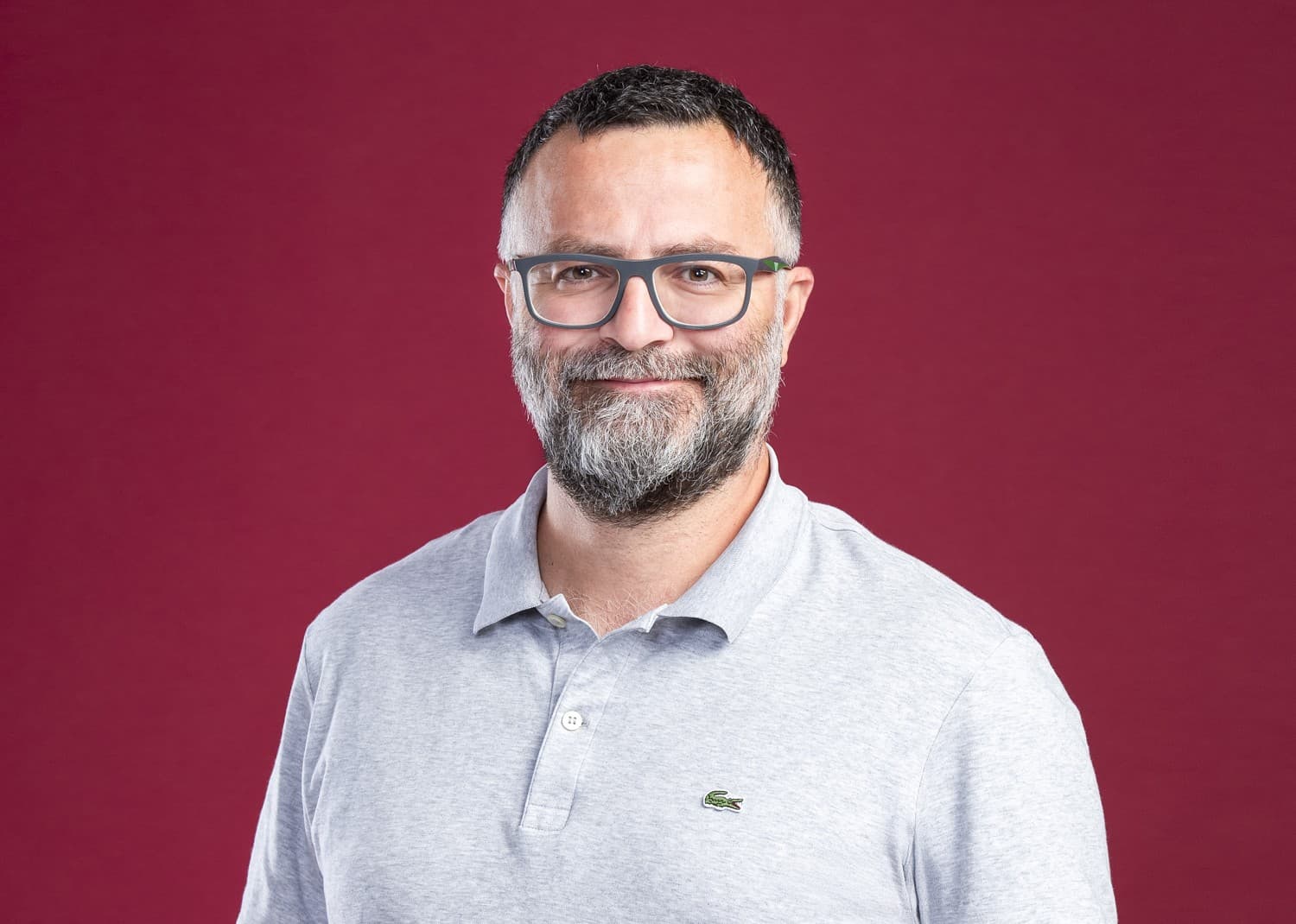



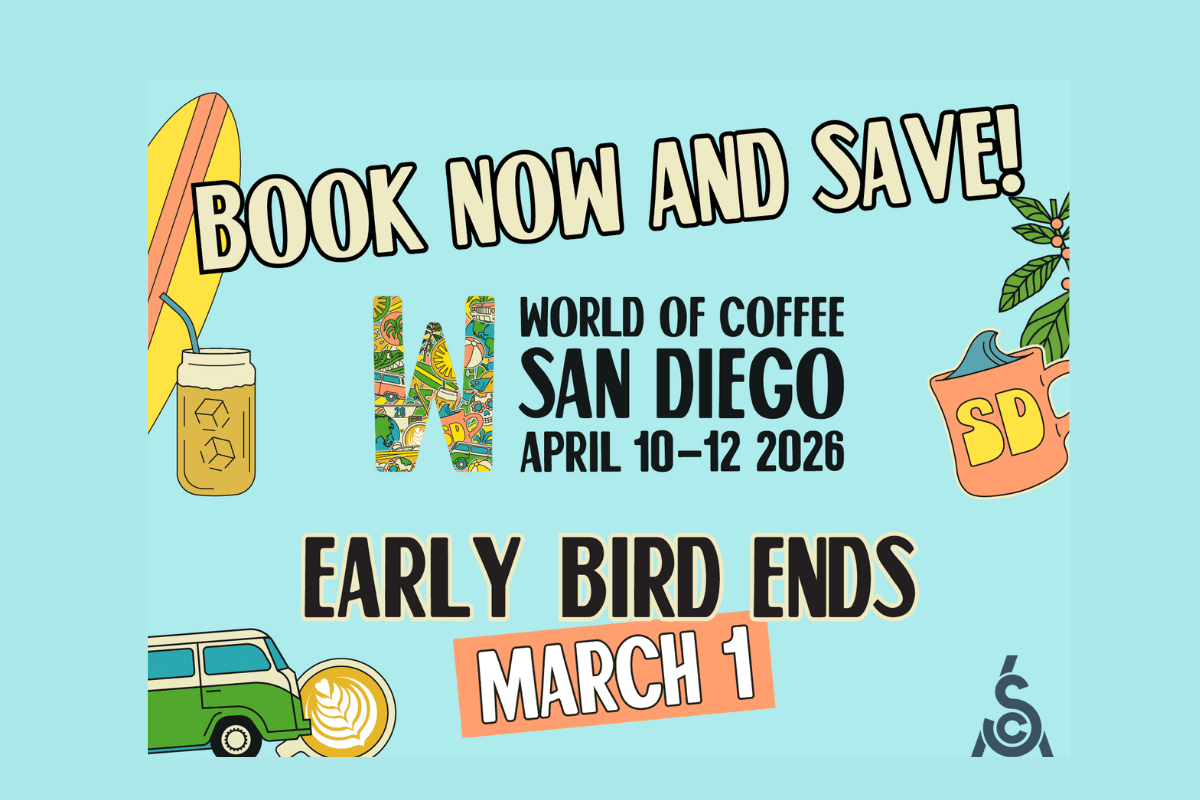

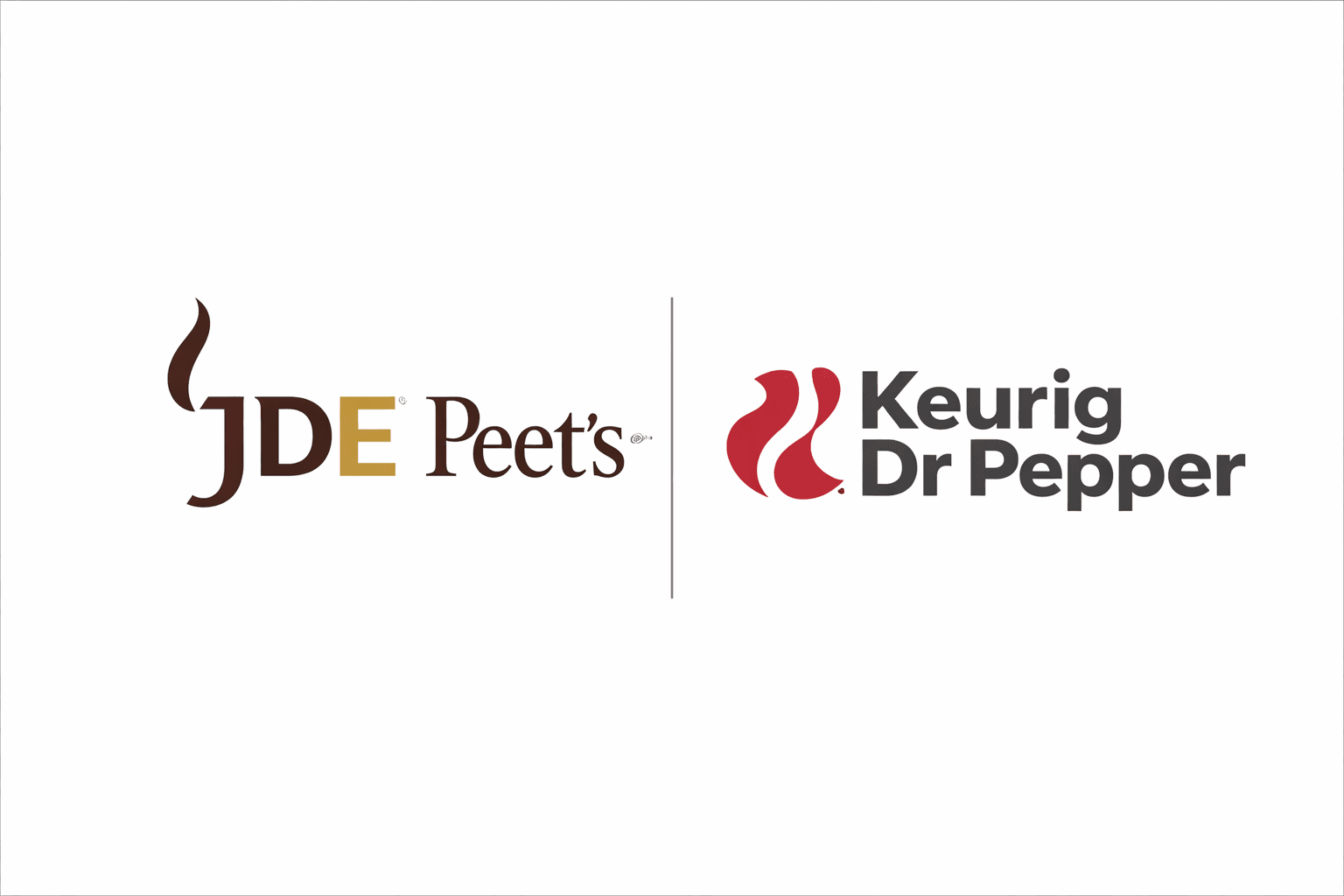
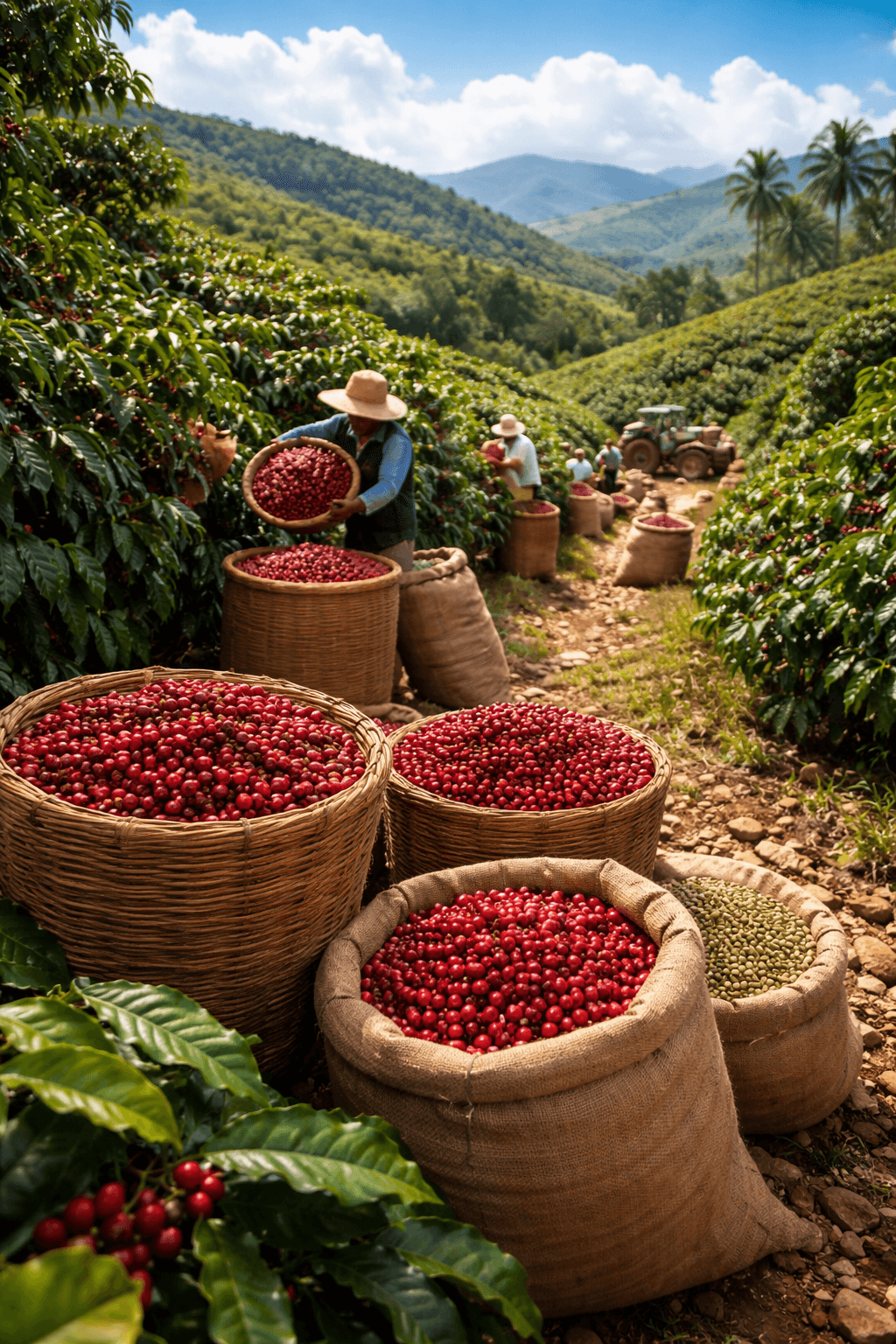
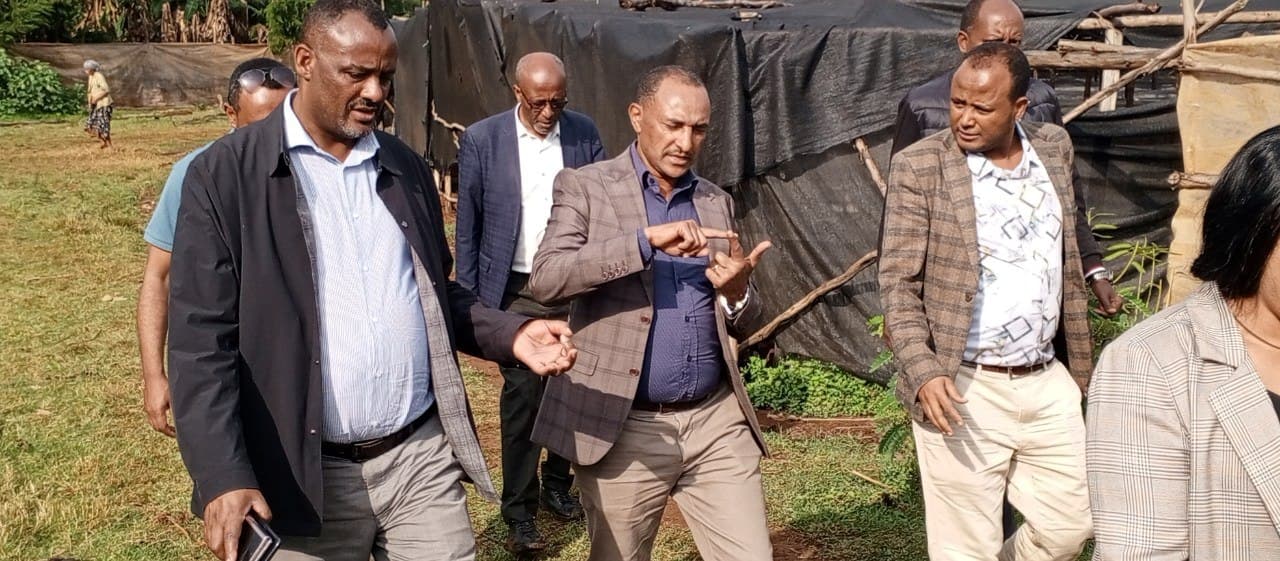

Tradition Anchors Growth as Pods, Specialty and RTD Gain Ground DUBAI – QAHWA WORLD Italy’s coffee sector is projected to expand steadily through 2031, supported by strong domestic consumption, product...

DUBAI – QAHWA January 2026 was not merely the start of a new calendar year for the International Coffee Organization (ICO); it served as a critical testing ground for the...

DUBAI – QAHWA WORLD The saying about fruit and doctors might need an update: your daily cup of coffee could also play a role in keeping your mind active as...

DUBAI – QAHWA WORLD For many, drinking coffee after a heavy meal is not just a social ritual, but a functional tool for the body. According to a report by...